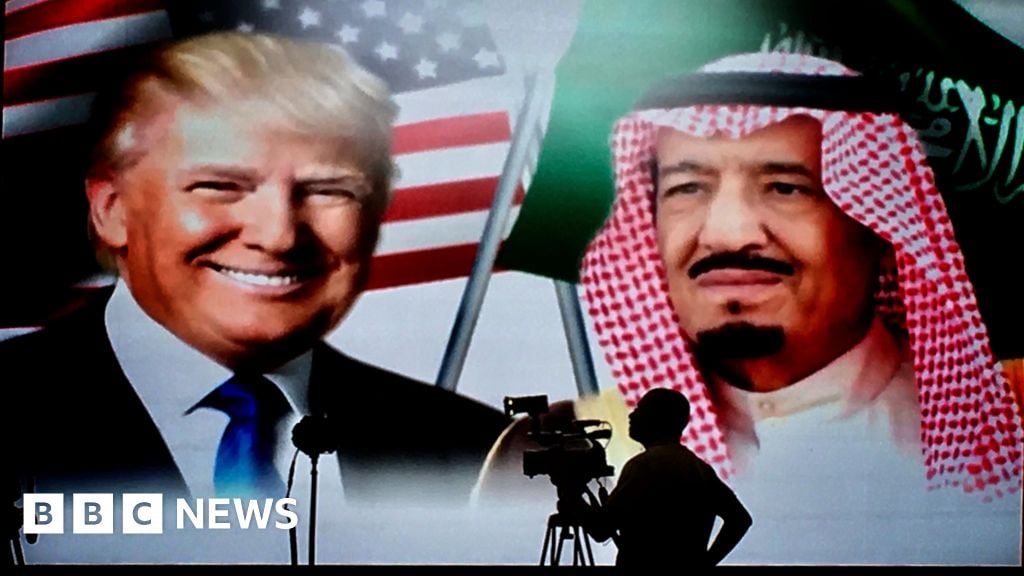Summary
As Middle Eastern leaders gather in Saudi Arabia, many speculate on how a Trump presidency could impact the region.
Unlike Europe’s wariness, Gulf nations view Trump as a stabilizing force. His previous administration’s hawkish stance on Iran and close alignment with Israel, including the Abraham Accords, won favor with Gulf allies.
However, the region has since shifted; Saudi Arabia and Iran restored diplomatic ties, signaling a cautious thaw in hostilities.
A Trump return could intensify anti-Iran actions, but recent Saudi-Iran rapprochement introduces new complexities to regional dynamics.



Israel is not alone in the region anymore. The middle east is bipolar now, and Israel is well established in the anti-Iran coalition. I wouldn’t call this “stabilizing”, but if the actual fighting is contained to Israel, Iran, and Iranian proxies, that is good for the rest of the anti-Iran coalition.
Sucks for Israel, but when your political leadership is fighting with military leadership because the latter is not sufficiently hawkish, I don’t think “stability” is the policy objective said leadership is actually pursuing.